Humans have always liked lists. Lists never seem to go out of fashion.
Look at any popular magazine and you’ll see that we are drawn to lists and to articles that organize big topics into bullet points. If you want a REALLY popular magazine article, the title will include a list, a number, and the word “SECRET.” As in, “Seven Secrets to Controlling Your Mate” or “Top 10 Secrets of Skinny Women Who Eat Whatever They Want.”
Back in the time of the early church, the Bible was still locked up in the ancient languages of Hebrew, Greek, and Latin. It hadn’t yet been translated into the language of the common person so it was left to church leaders to highlight and disseminate its contents for the people. (Unfortunately, this led to some unfortunate practices such as selling forgiveness but that’s another blog post.)
We weren’t any different back then in regard to our love of lists so the church leaders devised a handy guide called the “Seven Deadly Sins.” These were considered the “mother sins” because from these, all other sins were conceived.
If you haven’t watched any horror movies lately, you may not be familiar with this list so here it is: Wrath, Greed, Sloth, Pride, Lust, Envy, Gluttony.
I grew up Baptist so I didn’t encounter this list until adulthood.
New England Baptists in the sixties weren’t heavy-handed about such things. What I heard about sins in my childhood was that God had forgiven them. (We spent a lot of time turning parables into skits back then, ripping holes in our jeans, and deciding which Sunday we would all be brave enough to wear them to church.) Because it was the sixties, most sin discussion centered around music, sex and altered states of mind. The teens figured if we stayed out of backseats and barrooms, we could probably keep our noses clean with God.
Sin was suddenly passé. Even the word “sin” fell out of vogue. It became an archaic notion that went the way of poodle skirts and Saturday morning cartoons. Authorities such as the American Medical Association and the American Mental Health Professionals began to categorize formerly known sins as syndromes, psychoses, or simply alternative ways of acting. We were suddenly all “Okay.” We shook our heads wondering why we’d ever wasted so much time feeling guilty or worrying about this whole nonsense called “sin.”
But now it’s a new day.
This morning as I was reading my 21st century online news headlines, I was struck by what I saw.
Video Shows Brutal Attack by Teen Mob (Wrath)
Police Foil Plot to Blow Up Tampa School (Wrath)
Obese and Unaware: An entire country’s obesity problem (Gluttony)
Loungerie for Toddlers (Lust)
Missing Girl’s Body Found (Lust)
Black Market Baby-Selling Ring (Greed)
Would These Countries Trade Places with the US (Envy)
Quarterbacks Compare Skills – Keep Score (Envy/Pride)
Five articles on Getting More Physically Active (Sloth)
And, now I’m thinking it’s time to bring back public discussions of sin.
As we make efforts to bring other wisdom from the past into the future – like living closer to the earth, eating whole foods, and reducing our use of electronics – we should also consider the wisdom of living closer to the heart of God.
Isn’t it time we questioned the wisdom of downplaying the serious consequences of sin? Or, is it too late?
And if the Bible was right about sin, couldn’t it also be trusted to be right about other things, too?
Seven deadly sins.
An old-fashioned notion, out of fashion with the talking heads of our day.


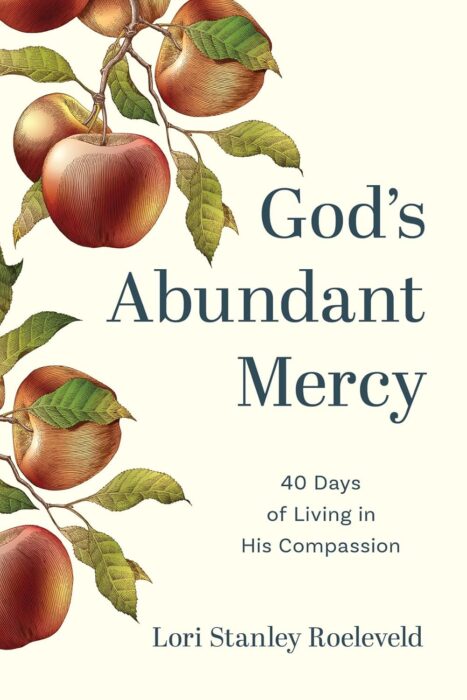
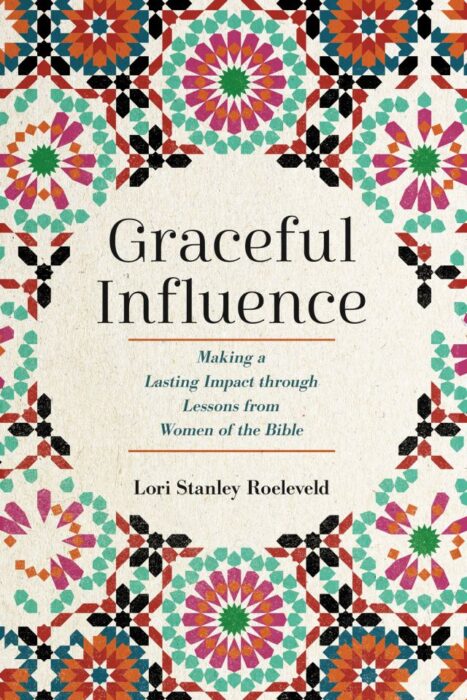
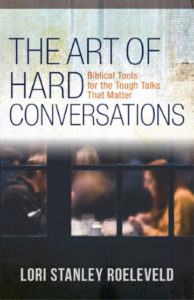
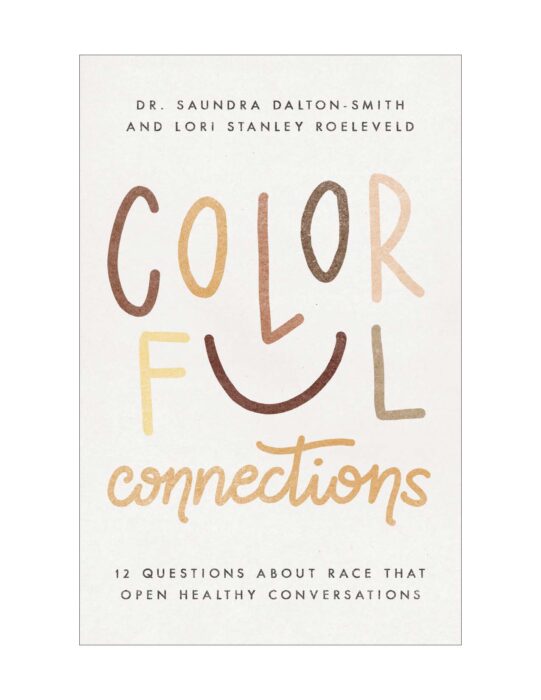

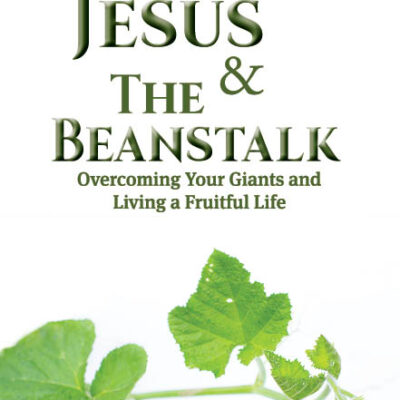
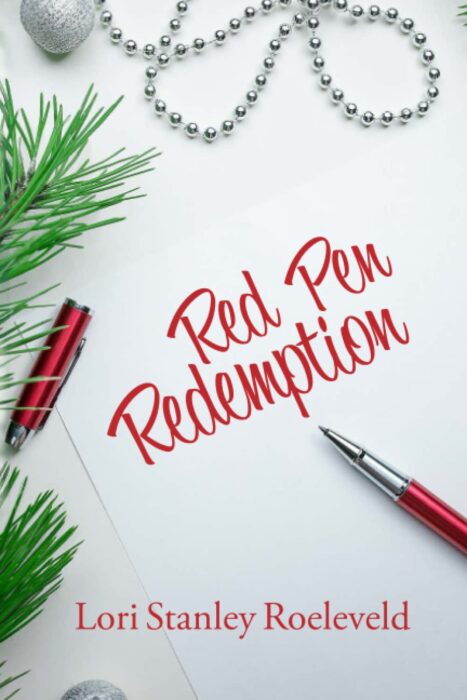
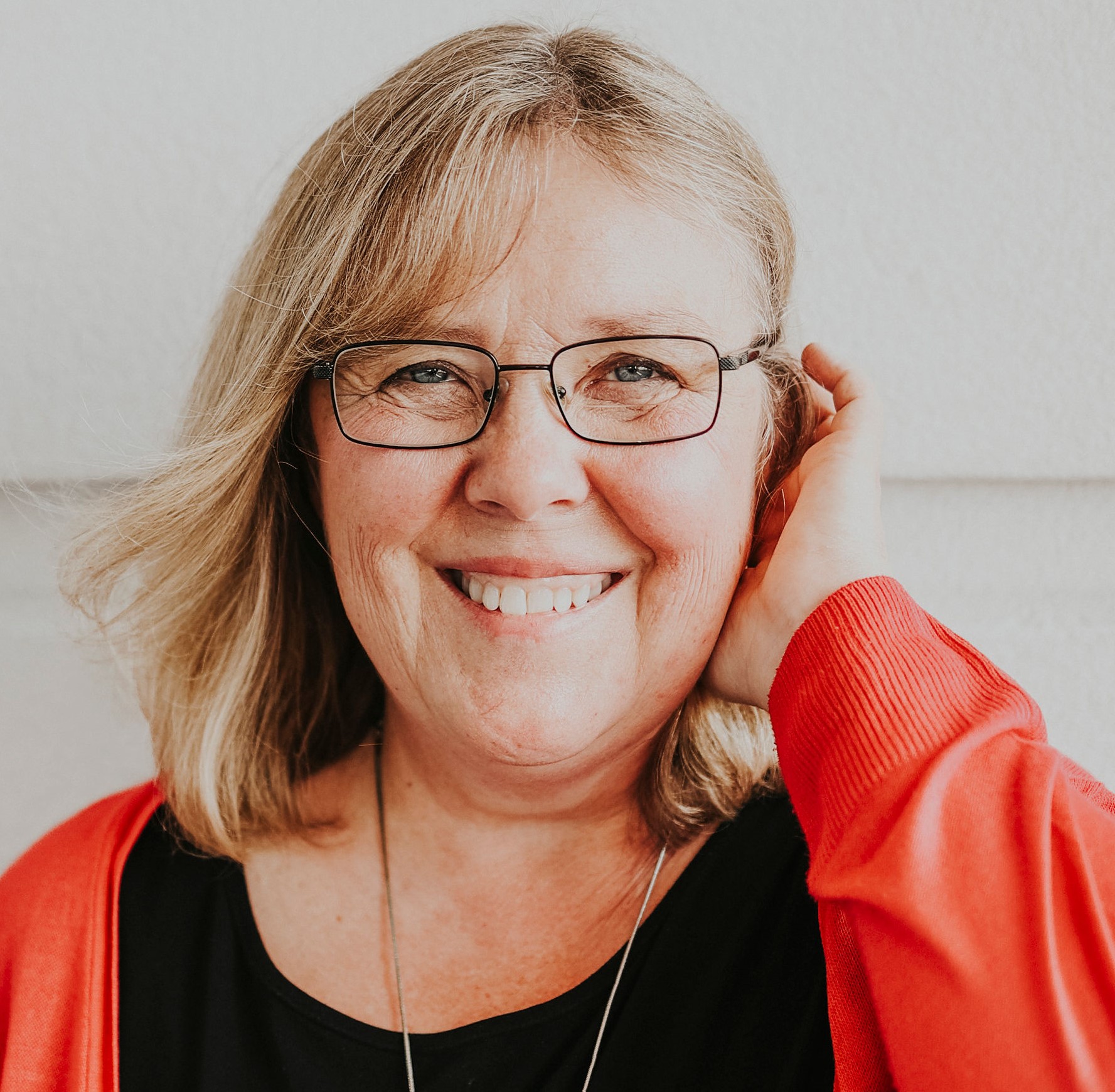



The Conversation
Awesome Lori! Spot on!
Living closer to the heart of God – I need to be ruthless with the things that interfere with that in my life! Great post, Lori!
Great job, Lori!
It’s definitely time we bring the reality of sin back. The same type of “tickle your ears” preaching that shies away from addressing sin also refuses to talk about the truth of Hell, that it’s a very real place, and many who think they are “okay” with God will find themselves there, unless they recognize their sin and repent, trusting the blood of Christ to cleanse them.
Keep up the good work,
Cheri
So well said. How much clearer can it get?
Beautifully, powerfully written! Thank you!
Being in the medical field, I think you hit the nail on the head when you said, “Authorities such as the American Medical Association and the American Mental Health Professionals began to categorize formerly known sins as syndromes, psychoses, or simply alternative ways of acting.” Patients don’t like the way they feel, they see a doctor, and are given Xanax, Valium, Zoloft, Prozac, Abilify, Wellbutrin…and so many more even stronger psychotropic drugs. They don’t realize the impact that these drugs have on your brain. Most of the psychotropic drugs are “non-controlled” and therefore are not believed to be addictive. We use them with little or no thought and are setting ourselves up for failure. There are definitely needs for them, but I don’t think patients are really evaluated fully before labeled with a clinical disorder. I talk a lot about this on my blog…sorry, didn’t mean to get on a soapbox! This was a great post!
Celeste speaks truth! My dad takes an anti-depressant because he needs it. He became suicidal after my mom died. His doctor prescribed it and worked with him to get him on the smallest dosage possible to do the job.
However, I have others whom I love who have been prescribed these type drugs with little pre-evaluation or follow up, and it’s not a pretty picture. The drugs simply mask issues and leave them unable to cope with everyday life, transferring their dependence from God to a pill.
Okay, stepping off my own soapbox now.